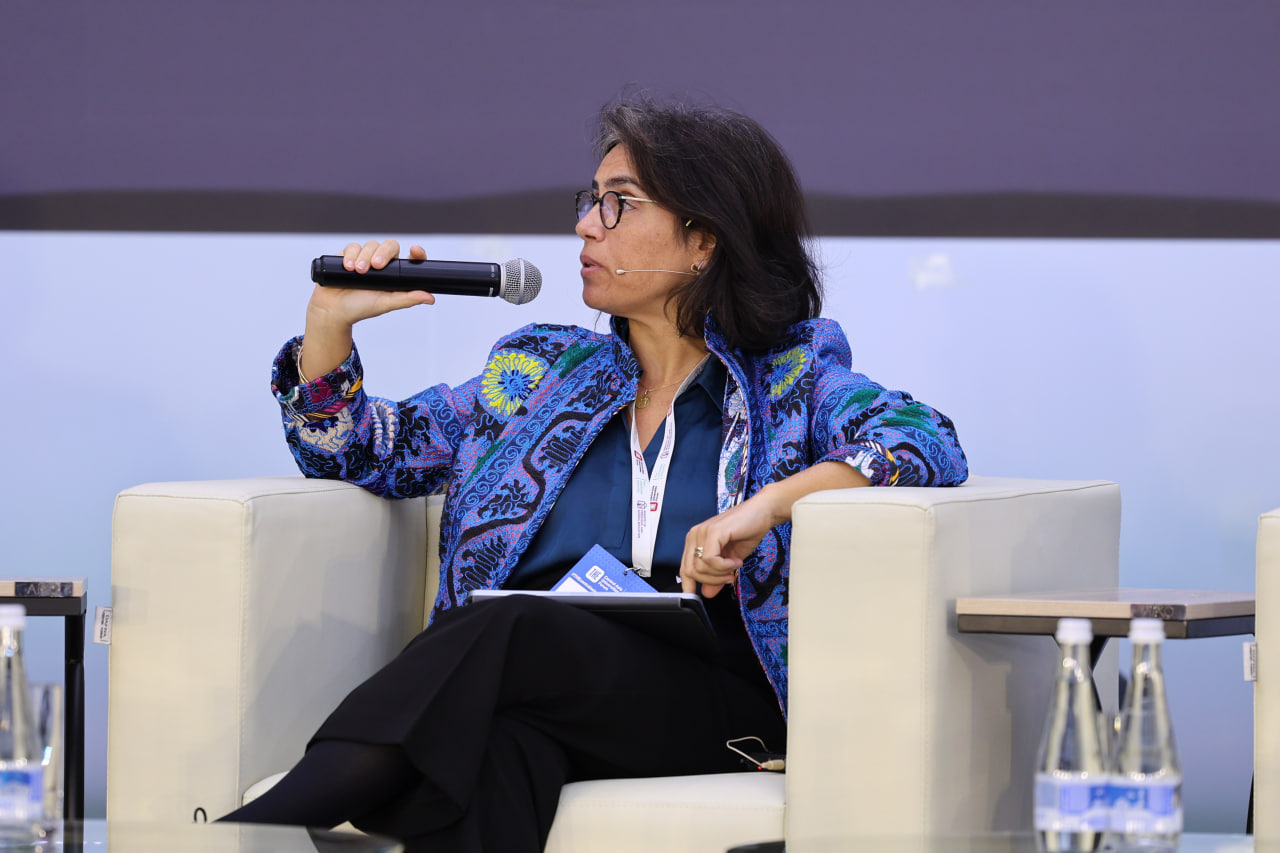What is your assessment of the changes in education that Uzbekistan is undergoing?
The World Bank views the region positively, noting that its demographics are highly conducive to growth and development. Over the next 20 years, the population of young people will continue to rise significantly, particularly among those currently under 20 years old.
However, this also means that there will be a higher number of cooperative students in universities. It necessitates that the region considers how to effectively deploy solutions that can harness this human potential.
Given the various challenges the world and the region are currently facing, it is essential for growth and development to focus on diversifying the economy. The economy will increasingly need to rely on services and knowledge, and the source of that talent will come from higher education and skilled individuals. Therefor the tertiary sector, which includes universities and technical colleges, will be essential in developing this talent.
Can you name progresses in education in Central Asia in recent years?
In terms of higher education, there has been progress. Three noteworthy developments come to mind:
The three-cycle degree structure, which includes Bachelor's, Master's, and Postgraduate Diploma (PGD) programs. This structure aligns well with what many other regions, including Western countries, are implementing. Overall, this is a positive advancement.
A quality assurance system is established both internally and externally. Today, both Uzbekistan and the region possess significantly more developed quality assurance systems, which is crucial for maintaining high quality standards.
The gradual implementation of a credit system in certain universities, which is based on the European Credit Transfer and Accumulation System (ECTS), offers students the opportunity to earn credits and pursue more flexible learning pathways. This approach is a positive development, and I would highlight it as an important advancement.
Can you probably name some challenges that the education sector in Uzbekistan will face sooner or later?
There are many positive outcomes associated with investing in higher education: increased innovation, greater social mobility. When examining the economic returns on investment in higher education in low and middle-income countries, the returns are quite substantial—around 15%. This indicates that the primary returns on investment in education are very high.
The key question for the country is how to finance this initiative. It is essential to develop a policy framework that facilitates the entry of private institutions, as no country can rely solely on public sector investment. To achieve this, we need to create a regulatory environment that encourages competition, while also ensuring a balanced approach.
Additionally, it's important to maintain quality standards so that people can trust these institutions to provide them with the skills they will need in the future.
We need to consider the appropriate regulatory framework that balances private interests while simultaneously nurturing quality in the private sector.
How you evaluate Uzbekistan universities comparing with other countries in the region?
When examining various indicators, such as the percentage of a country's spending on research and development, we can see different metrics that reflect a generally low quality. However, the real challenge lies in understanding that such changes do not occur overnight. This process is not a sprint; it is a marathon. There are no miracle solutions.
The best approach to these reforms involves establishing clarity, vision, and sustainability, along with ongoing support for that vision. It’s essential to secure multiple commitments over time to set clear expectations for partners and to foster partnerships that are sustainable and mutually beneficial. Therefore, I would advise caution when considering quick solutions.
I believe that establishing a supportive policy and regulatory environment for partnerships will greatly benefit the country. Uzbekistan is experiencing significant momentum, with its increasingly open stance toward attracting foreign direct investment. Job creation is also thriving here compared to other regions. As a result, it's essential that the skills and human development sector keeps pace with this progress.
I will continue to ensure that there is a fair playing field for nurturing these institutions. It's important to remain present and invest in them while maintaining high quality standards so that people can see a return on their investments. However, the education sector alone will not be enough. We also need to focus on job creation because it’s a reciprocal relationship —a chicken and egg problem. If we have high-quality education systems but no job prospects, people will end up leaving.
Rita Almeida
Manager, Education Global Practice, Europe and Central Asia
World Bank
 O'zbekcha
O'zbekcha
 Русский
Русский
 English
English



